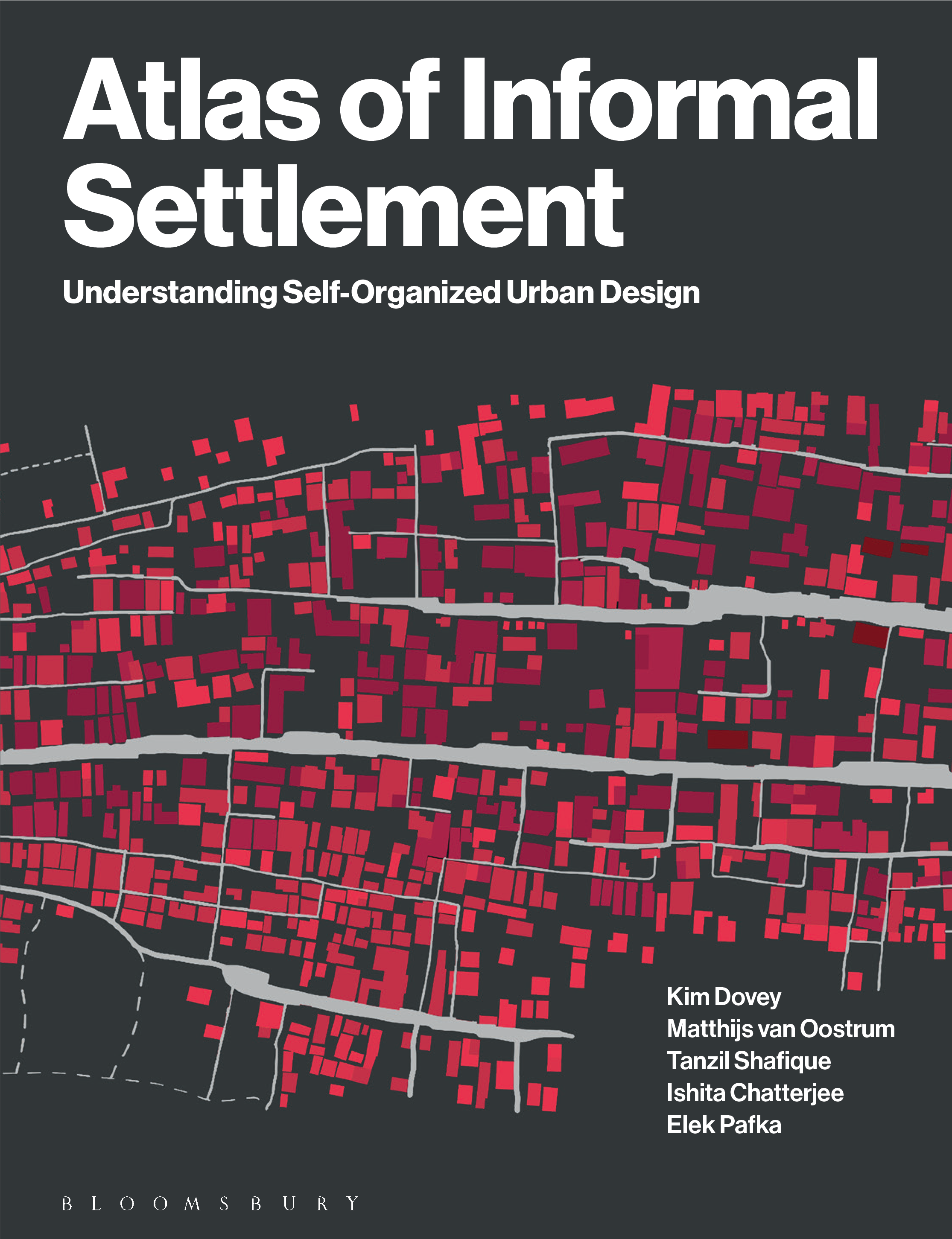Atlas of Informal Settlement
Atrium, Level 1, Glyn Davis Building, University of Melbourne, Parkville Campus
Map
Join us for this free exhibition drawn from the new book Atlas of Informal Settlement: Understanding Self-Organized Urban Design.
While often seen as unplanned or spontaneous, informal settlement is better understood as a mode of production - a co-evolution of architecture, urban design and planning that embodies informal rules and shapes urban development. This book is a comparative study of the spatial logic of informal settlement based on mapping and analyzing the evolution of urban form (morphogenesis) in 51 contemporary settlements across the planet - the first of its kind and a fundamental change in thinking for urban studies and built environment professionals. It shows how informal settlement adapts to different contexts of political economy, topography, culture, climate and land tenure; revealing a complex range of actors from settlers and states to land mafias and pirate developers. It demonstrates the range of design processes and formal outcomes; how the informal becomes formalized and vice versa. The atlas shows how such practices may or may not produce ‘slums’, and how settlement is already a form of ‘upgrading’. Informal settlement is the primary mode of production of affordable housing and neighbourhood infrastructure within cities of the global South - with detailed mapping and profiling of 51 settlements this book shows how such urban morphologies emerge in terms of architecture, urban design and planning.
The Altas of Informal Settlement Exhibition is free and open Monday to Friday, 8am to 5:30pm*.
*Swipe access required outside those hours.
What's On
InfUr Hub Seminar and book launch
Thursday 19 October, 4:30 pm - 5:30 pm
Level 4, Japanese Room, Glyn Davis Building
Attending online - Zoom Link Here
This seminar celebrates the launch of the Atlas of Informal Settlement by Kim Dovey, Matthijs van Oostrum, Tanzil Shafique, Ishita Chatterjee and Elek Pafka. The book is a comparative study of the morphogenesis of 51 contemporary settlements across the globe. It shows how settlement morphology adapts to different contexts of political economy, topography, culture, climate and land tenure; revealing a complex range of actors, design processes and formal outcomes. The seminar will be followed by a launch of the book and an exhibition in the MSD atrium with Julie Willis and Dan Hill.
For any questions regarding the InfUr Hub Seminar, please contact merrick.morley@unimelb.edu.au